SODECAO: The Time for the EUDR Has Come, with Awarenes and Training at the Heart of the Strategy
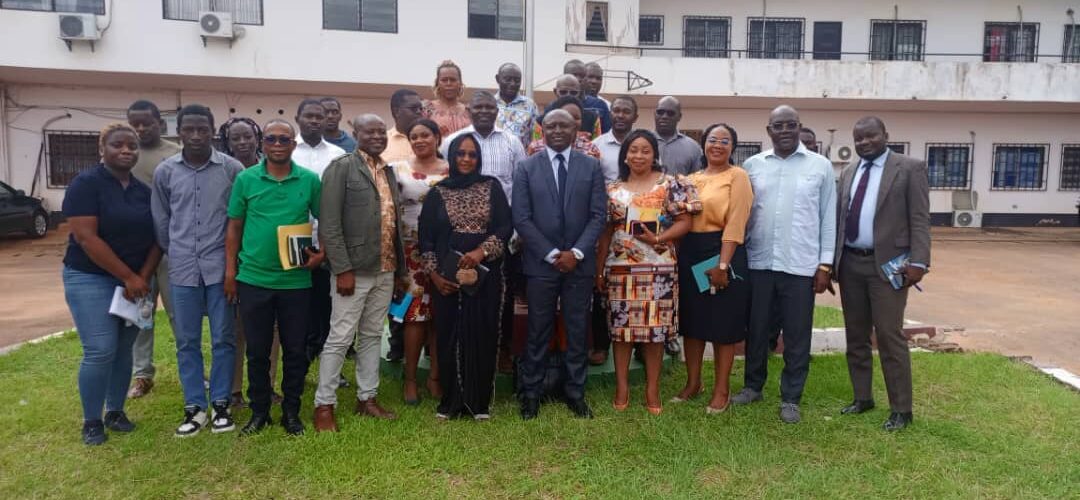
SODECAO is taking proactive measures to secure access for Cameroonian cocoa to its primary market.
Under the leadership of the Director of the Cocoa Support Department, and with the approval of the General Manager, an important informational meeting was held in the SODECAO meeting room, attended by staff from the DAC, DPAA, DAAF, and General Directorate. The focus of the meeting was to closely analyze the European Union Regulation on Deforestation and Forest Degradation (EUDR), a pressing matter concerning the future of the Cameroonian cocoa sector.
Leading the facilitation, Mr. NGATCHOU Eric was tasked with deciphering the implications of the EUDR's implementation and raising awareness among SODECAO staff of the practical implications of this new regulation. More specifically,
- Outline the reasons for the EUDR's existence, its underlying principles, and the products affected;
- Specify the obligations that the regulation places on the cocoa industry;
- Identify key challenges to address for compliance with RDUE requirements
- Discuss future opportunities and the crucial role SODECAO should play in this new landscape.
The EUDR was established by the EU, driven by its position as a significant consumer of agricultural products associated with deforestation. Initially targeting cocoa, coffee, palm oil, rubber, soy, beef, and wood, this regulation sets forth three essential requirements for accessing the European market:
- The complete supply chain of the product, from production to sale, must be fully documented;
- Products must not originate from land that was deforested after December 31, 2020;
- Production processes must adhere to local laws, including land use rights, environmental protection, labour rights, third-party rights, and human rights.
The European Regulation on Deforestation (EUDR) requires operators to exercise "due diligence." This obligation, scaled according to risk levels, encompasses the collection of information (traceability, zero deforestation, and legality), risk assessment for non-compliance, and the implementation of mitigation strategies. A country evaluation system will help reduce constraints for cocoa sourced from low-risk regions
Nonetheless, the Cameroonian cocoa industry faces several challenges in meeting the requirements of the EUDR:
- The geolocation of plots, essential for traceability systems, has seen limited advancement and is unlikely to be finalized before December 31, 2025, requiring additional years for complete implementation;
- The implementation of a national traceability system has yet to be effective;
- The informal transactions between producers and primary buyers (cocoa traders) complicate traceability
The finalization and release of the 2020 maps depicting tree cover and land use are still pending.
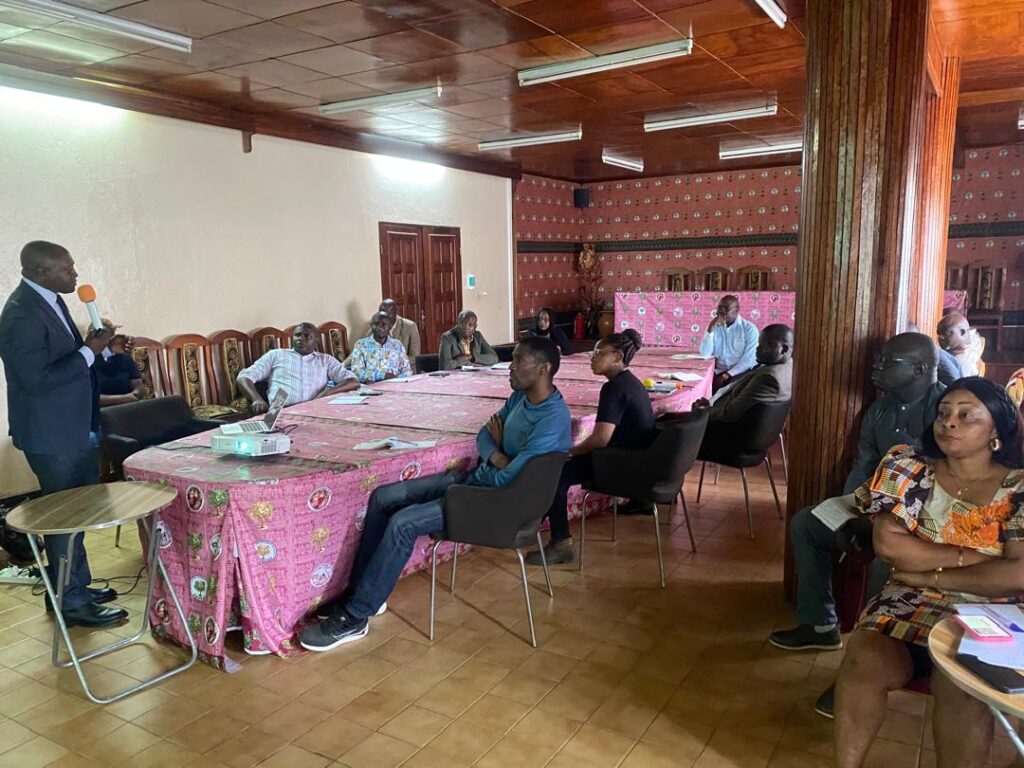
The future outlook and the role of SODECAO
As the leading buyer of Cameroonian cocoa, access to the EU market remains a critical short-term challenge. It is there important that producers be informed about the requirements of the EUDR, and equally important for Cameroon to engage in diplomatic efforts to have its agro forestry system recognized as a tool for forest conservation.
When asked about the role of SODECAO in promoting the implementation of the regulation, Mr. NGATCHOU emphasized that, as a major player in the Cameroonian cocoa sector, SODECAO must first familiarize itself with the EUDR. He suggested SODECAO starts with diagnostics and mapping to ensure compliance. SODECAO can later initiate training for its agricultural advisors on the EUDR, who would then educate and empower producers to meet their obligations for the sector's compliance with the regulation. Additionally, establishing a dedicated database is essential.
Concerning possible financial support from the EU for the affected countries, he noted that there are currently no plans for such assistance. Future opportunities will depend on training initiatives and the development of information collection systems and geolocation.
With a strong commitment to assist SODECAO in achieving compliance with the EUDR, the expert highlighted the organization’s potential, especially given its existing infrastructure that can effectively engage producers. In essence, SODECAO must take the initiative to help the sector meet EU market requirements. More than mere adaptation, SODECAO should position itself as a proactive player in tackling the challenges presented by the EUDR. Leveraging its strengths and firmly committed to transitioning cocoa production to a sustainable model, SODECAO seeks to capitalize on this opportunity to strengthen Cameroon’s leadership in the quality cocoa sector, while respecting both the environment and local communities. The future of Cameroonian cocoa is now characterized by a renewed ambition. This is a goal that the General Manager of SODECAO, known for his unwavering commitment to standards, is determined to achieve, ensuring strict adherence to the EUDR within the company.
By NKJ / M. MABOU


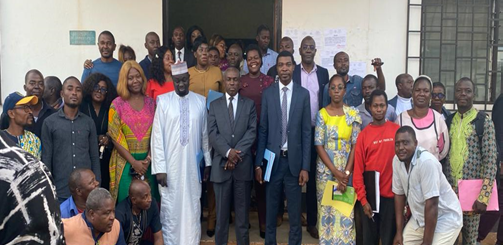

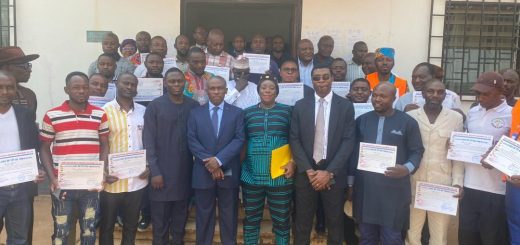
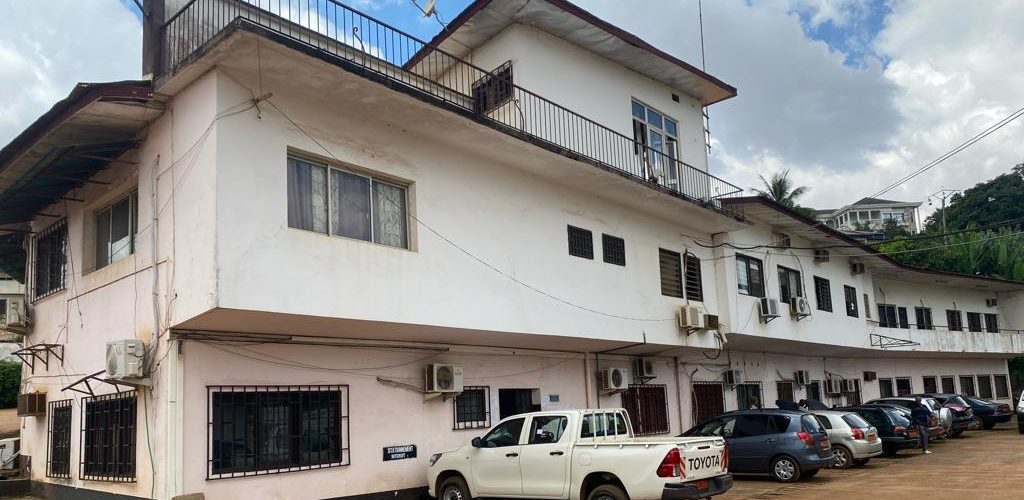
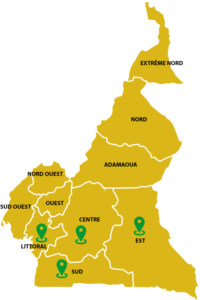
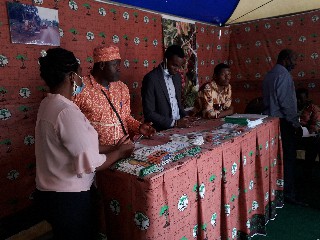
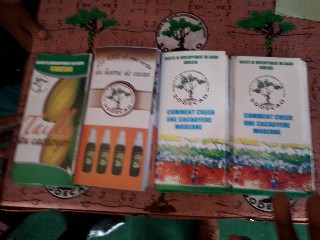
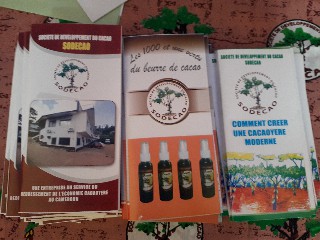
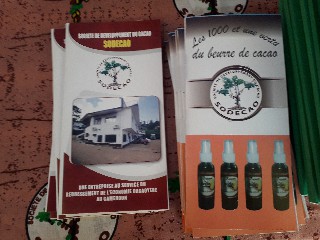
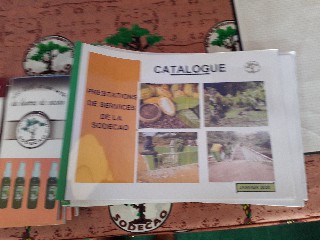
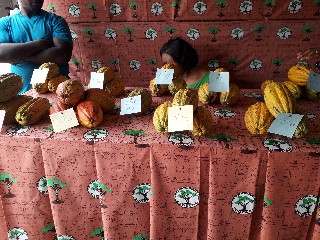
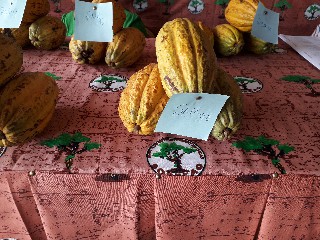
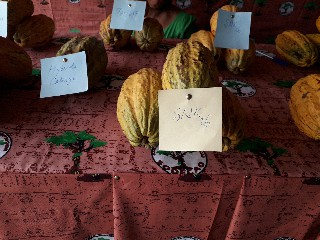
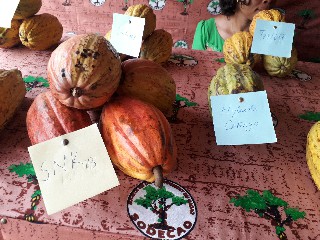
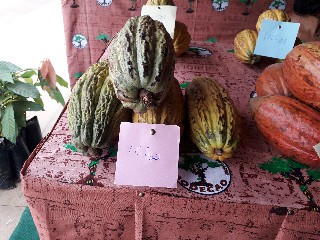
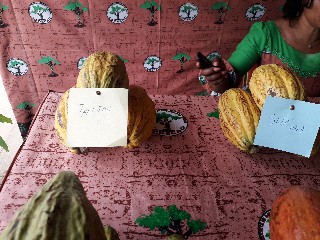
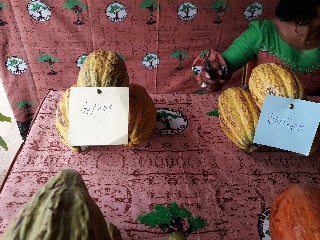
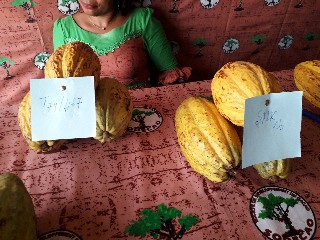
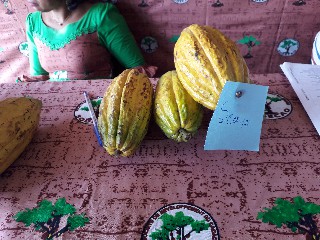

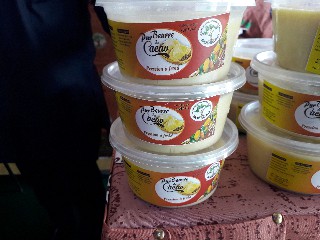
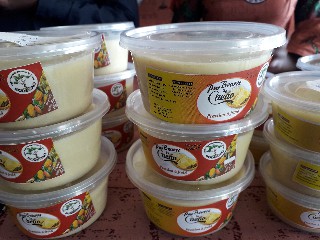
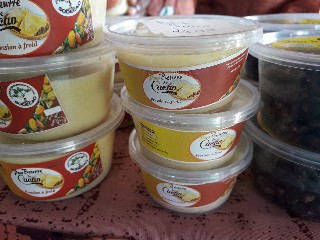
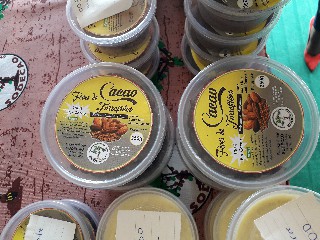
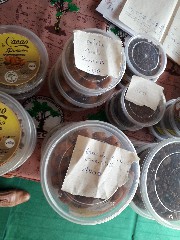
Recent Comments